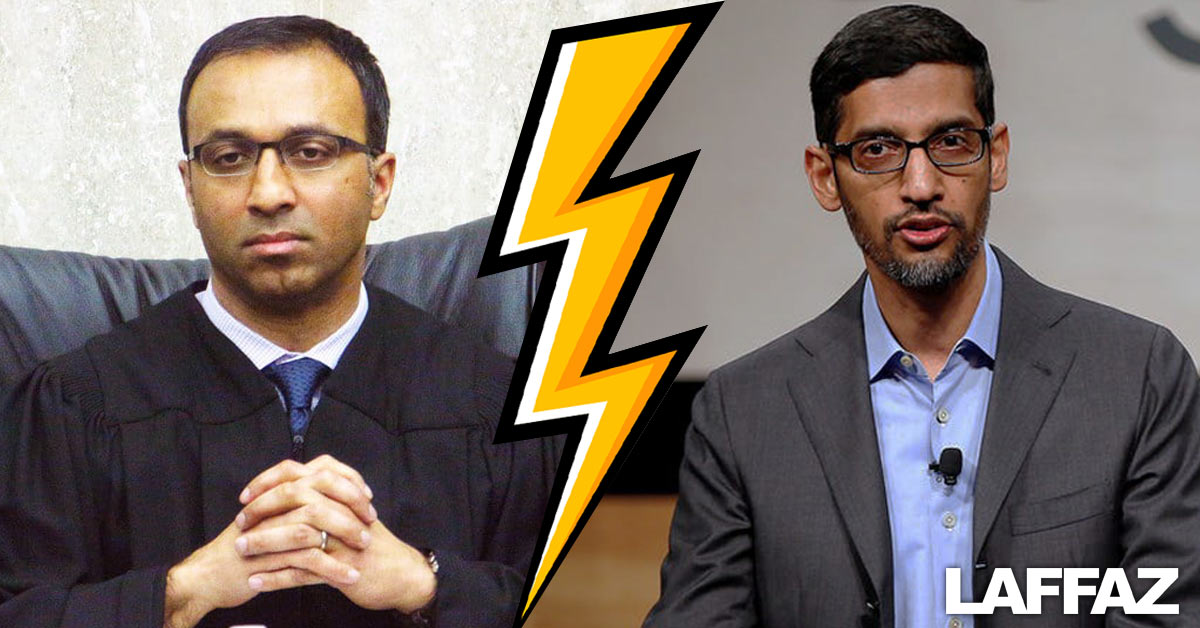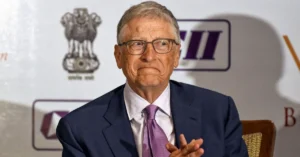On August 5, federal judge Amit P. Mehta of the U.S. District Court for the District of Columbia issued a landmark ruling stating that tech giant Google had illegally maintained its dominance in the online search market. The ruling challenged the influence of the tech giants like Google in the digital domain.
In the latest hearing on Friday, September 6, the 277-page ruling by the federal judge came on the back of a case filed by the Department of Justice (DOJ) and several U.S. states. The case accused Google of making sizeable payments to tech majors like Apple and Samsung in order to keep Google as the default search engine on smartphones and web browsers – giving Google an unfair advantage over its competitors.
“Google has wielded its monopoly power to sustain its dominant position in the market,” Judge Mehta stated
As per the ruling, Google violated Section 2 of the Sherman Act, and a US antitrust law by monopolizing the search engine market which could interfere with how people interact with the internet.
“After having carefully considered and weighed the witness testimony and evidence, the court reaches the following conclusion: Google is a monopolist, and it has acted as one to maintain its monopoly,” says the ruling
In the latest hearing on Friday, September 6, Judge Mehta granted prosecutors in the U.S. v. Google case until the end of the year to submit their recommendations for how Google should be punished.
The evidentiary hearing is expected to be held in March or April 2025 to determine the punishment for the tech giant to be delivered in August 2025.
Besides Google, Judge Mehta also took into account the disruptive technologies including artificially intelligent chatbots from companies like OpenAI and Microsoft.
“The world has changed since discovery closed two years ago,” Judge Mehta said
The Justice Department is considering to request a breakup of Google – separating its search engine from businesses like the Chrome browser and Android operating system.
David Dahlquist, a Justice Department lawyer after the hearing on Friday, noted that the department two years back closed gathering evidence for what Google did in the past decade to monopolize the search engine market, “The trial was, of course, focused on the past, what Google has done for the past decade to monopolize those markets,” said David Dahlquist. Since the launch of Google’s AI product, a lot has been changed. Thus, DOJ will now collect evidence “on the future” – assuming that Google would seek to dominate the new markets by leveraging its search engine.
Besides this antitrust case in the United States, Google is also facing legal hiccups from the European Commission for self-preferencing its shopping service in Google search results.
Google’s search engine antitrust case is the biggest tech antitrust trial since the U.S. federal regulators sued Microsoft for monopolizing the personal computer market in the 1990s.






